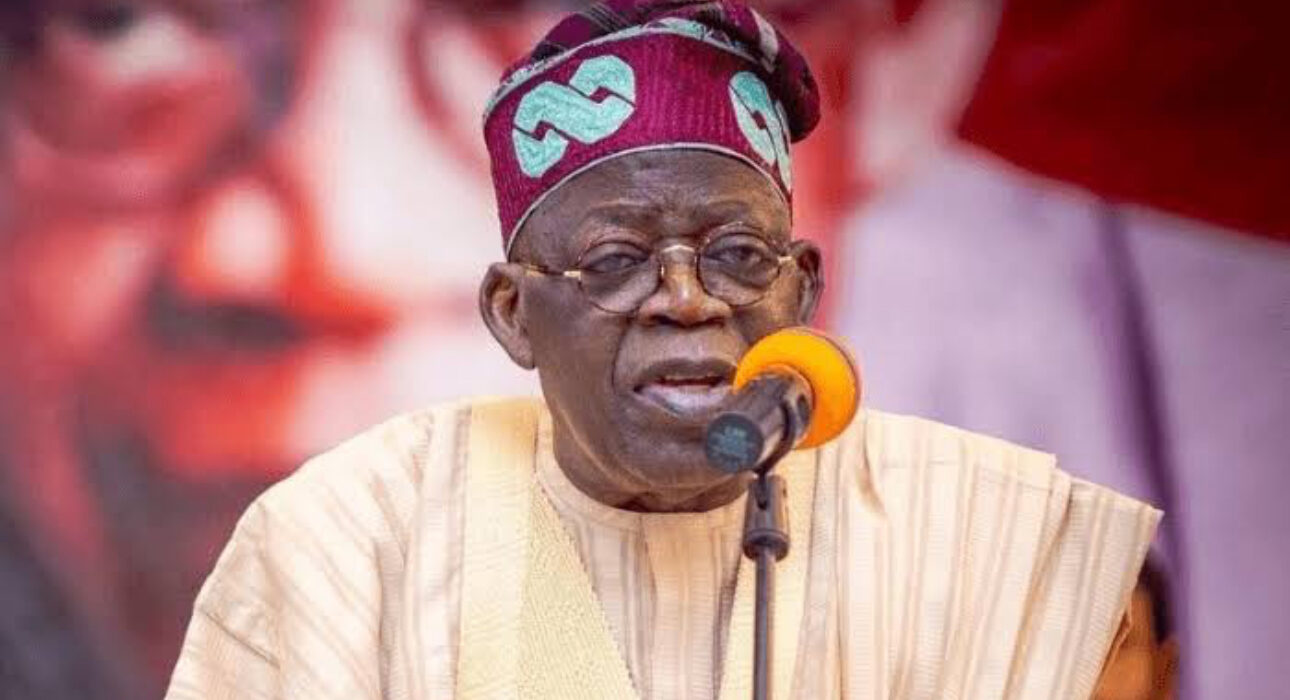Tinubu Sets Up High-Level Committee to Tackle Benue Insecurity After Massacre

In a decisive move following the deadly June 13 attack on Yelewata village in Guma Local Government Area of Benue State, President Bola Ahmed Tinubu has ordered a comprehensive response to address the deepening security crisis in the region.
The attack, reportedly carried out by suspected herders, claimed the lives of over 100 people, sparking national outrage and calls for urgent government intervention.
Speaking after a high-level security meeting in Abuja, President Tinubu directed the nation’s security agencies—including the Inspector General of Police, Department of State Services (DSS), National Intelligence Agency (NIA), and the Chief of Defence Staff—to immediately arrest those responsible for the killings. He reportedly expressed frustration over the lack of accountability, questioning why no arrests had been made days after the massacre.
Alongside the security directive, the President also announced the formation of a broad-based peace committee aimed at identifying the root causes of the violence and proposing sustainable solutions. The committee includes a wide range of stakeholders: Benue farmers, indigenes and non-indigenes, traditional rulers, retired security chiefs, federal officials, the governors of Benue and Nasarawa States, and President Tinubu himself.
The panel also includes notable figures such as former Benue State governors—General Atom Kpera, George Akume, Gabriel Suswam, and Samuel Ortom—as well as traditional rulers including the Tor Tiv, James Ayatse, and the Ochi’Idoma, John Elaigwu.
The committee is expected to evaluate issues surrounding land ownership, herder-farmer relations, community-based security models, and the possibility of implementing ranching systems as alternatives to open grazing.
Tor Tiv Ayatse, speaking on the crisis, described the attacks as a “calculated, well-planned, full-scale genocidal invasion,” rejecting narratives that frame them as mere communal clashes. Many residents and civil society groups have echoed this sentiment, accusing the federal government of previously ignoring early warnings and failing to protect vulnerable farming communities.
Analysts believe this latest action by President Tinubu signals a shift toward a more holistic and community-centered approach to conflict resolution in Nigeria’s Middle Belt.
However, they warn that unless justice is served and systemic reforms are implemented, the cycle of violence may continue.
The Benue violence is part of a broader wave of rural insecurity that has plagued Nigeria’s North-Central region for years, fueled by disputes over land, climate change, arms proliferation, and weak law enforcement. Since April, similar attacks have led to hundreds of deaths across various states.
As the committee begins its work, the focus will now turn to how quickly it can provide actionable recommendations—and whether the government will follow through with meaningful reforms to protect lives and livelihoods in one of the country’s most volatile regions.








